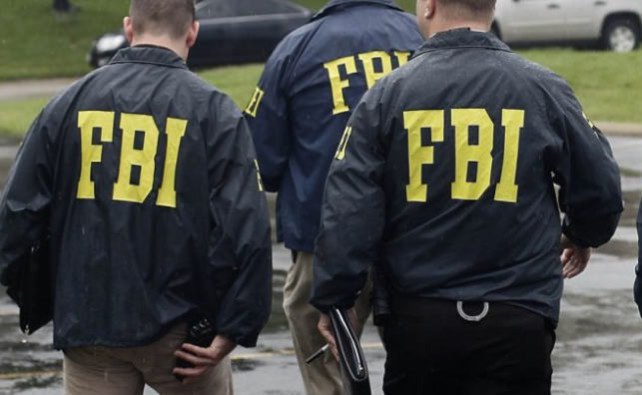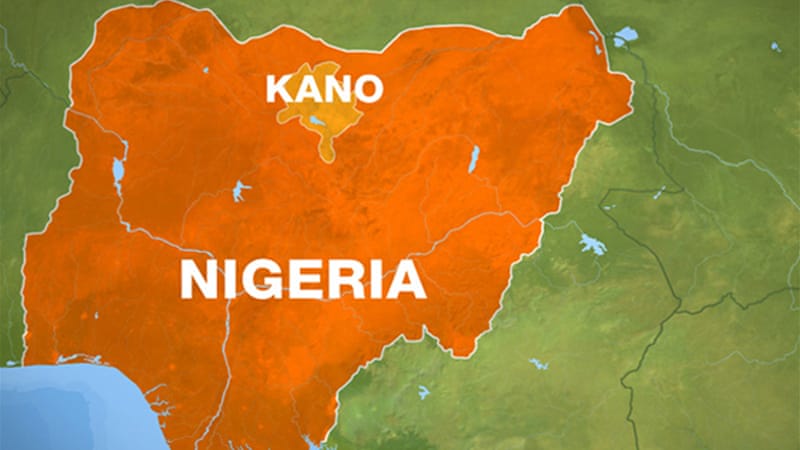
Internet access has been temporarily cut in Senegal after some citizens took to the streets to protest President Macky Sall’s postponement of the presidential election.
In a statement on Monday, the ministry of communication, telecommunications, and digital economy said the internet disconnection was done “due to the dissemination of several hateful and subversive messages relayed on social networks in the context of threats and disturbances to public order”.
On Saturday, Sall cited conflicts within the constitutional council, the body that screens candidates for the presidency of the country, as reason for the postponement of the election.
The council also compiles the list of candidates and manages disagreements arising from the election of the president and members of the national assembly. It also declares the results of the votes.
Of the over 200 candidates, only 20 were approved, leading to protests within political parties and citizens of the country who accused the council of selectively picking and shunning certain candidates.
“I will initiate an open national dialogue to bring together the conditions for a free, transparent and inclusive election in a peaceful and reconciled Senegal,” Sall said in a national broadcast.
The internet shutdown, which will be the third in Senegal in the last nine months, comes a day after a private television channel was cut off air after the government accused it of inciting violence in its coverage of the protests.
Amnesty International, Senegal chapter, condemned the government’s actions and urged the authorities to “respect freedom of the press and the rights of the citizens to be informed”.
On Sunday, the Economic Community of West African States (ECOWAS) asked Senegal to swiftly set a new date for the presidential election while underscoring the importance of democratic processes.
Opposition leaders had termed the election postponement as a “constitutional coup”.
But while delivering his speech, Sall reiterated that he would not be seeking a third term.


